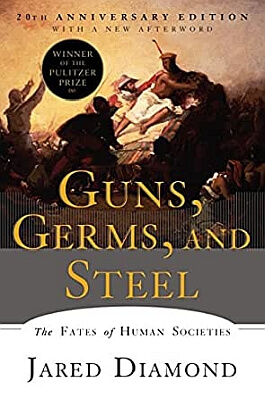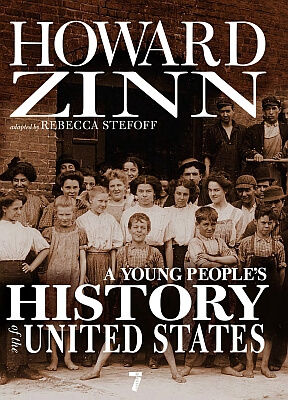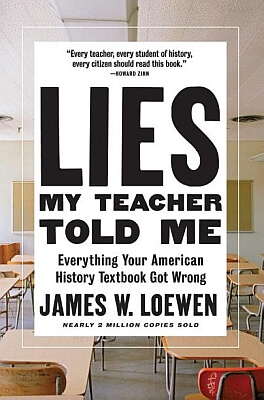Systemic oppression, abuses of power, and the rise of protest movements has left many students of history searching for explanatory texts and perspectives for grappling with the context of racial injustice in the United States and the American continents. History teachers are handling increasingly difficult questions that the standard curriculum is ill-prepared to answer, while students are hungry for historical analysis that challenges past assumptions and prepares their introspection for political participation in our complex society. For the high school student grappling with textbooks that do not explain how our society got to this point and why today’s injustices unfolded from past complacence, access to critical and inclusive history is a must.
This short, but comprehensive, reading list is designed to answer those questions and pick up where the textbooks leave off. The following three books are often assigned in Advanced Placement or Honors history courses, but reading them independently can help prepare high school students of any academic pathway for greater mastery of history. These books are also suggested reading for parents and teachers hoping to better answer and support their students as they grapple with systemic injustice and inaccurate narratives within the high School curriculum.

Guns, Germs, and Steel by Jared Diamond
This accessible book is an exploration of the material causes for history’s development toward modern conditions. The first section explores geographical influences on the course of human history, and what conditions had to be surmounted to overcome these influences. The span of this section runs from prehistory to the colonial age, and offers evidence that challenges preconceptions still held today.
The second section is devoted to analyzing the influence of agriculture on various societies. Here, Diamond frames food production as a critical technology and challenges eurocentric models comparing the advantages of colonial versus indigenous ways of life. In the third and final section, Diamond engages with the technology of colonialism, offering new evidence and analysis on the Colombian exchange. Here, also, is a treatment of the use of race as an social invention in advancing colonialism, which holds incredible relevance to America’s legacy of racism.

A Young People’s History of the United States By Howard Zinn
This revised edition of the original “A People’s History…” includes more photographs and illustrations, as well as updated information. It is difficult to overstate the usefulness of this book in supplementing the textbooks students are often given for American History courses. Here, Zinn uses wide ranging research, the accounts of those under represented in history books, and race/class/gender relation focused analysis to present history as those who experienced it knew it. “A Young People’s History” is widely acclaimed for both the scope and nuance of the work.
Zinn begins his focus on the Taino people experience of Columbus, never shying away from the atrocities and ambitions that drove that first contact and later colonization. The author also develops the heavy weight of racism on early American society, investigating how economic avarice led to centuries of racial oppression. The later chapters describe the progress of Labor rights and class friction in the United States, as well as often ignored pressures that created the current status quo in the 21st century. Though focused on the United States, this book is a must read for high school students of history.

Lies My Teacher Told Me by James W. Loewen
Never before has a single work focused with such incredible intention on the misconceptions embedded in United States History. Though less erudite and dry than Zinn, Loewen matches the former author in focus and ethos. Lies my Teacher Told Me responds specifically and substantively to misleading and fallacious narratives in American history books, calling out offenders by name and example. The newest edition of the book has added material discussing how these misleading or neglectful narratives lead to adults unprepared to make choices as political participants, to go along with the work’s existent focus on demonstrating how racism is taught and maintained via poor history curriculum.
Loewen’s most impactful analysis might be his critique on historian’s focus on objectivity at the expense of truth. He shows how showing the two sides of instances of oppression can lead to false equivalency and demonstrates how the mythic interpretation of American History and its actors leaves out room for nuance and humanity. His newer editions also feature the narratives around the events of September 11th, 2001, and the Iraq War, closing gaps often left by other history books. In so many ways, Lies is an address of the often purposeful inequities in history curriculum, and goes to considerable lengths to correct this problem.
Reading any one of these books will put a high school student ahead of the class in historical analysis and in divesting themselves of common misconceptions. Whether your student is in need of political literacy for our times or hoping to round out their education with broader perspectives, these books will serve to interest, illuminate, and educate. Please reach out to us if we can help with customized 1-on-1 support for any class.

